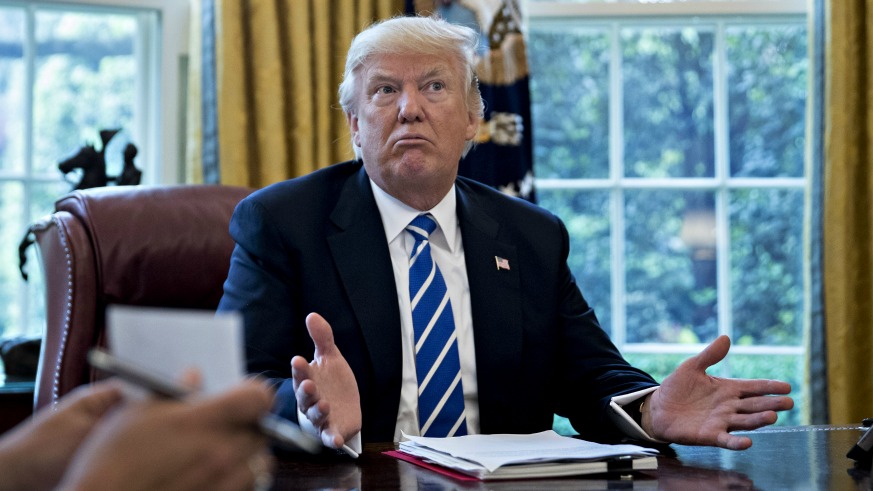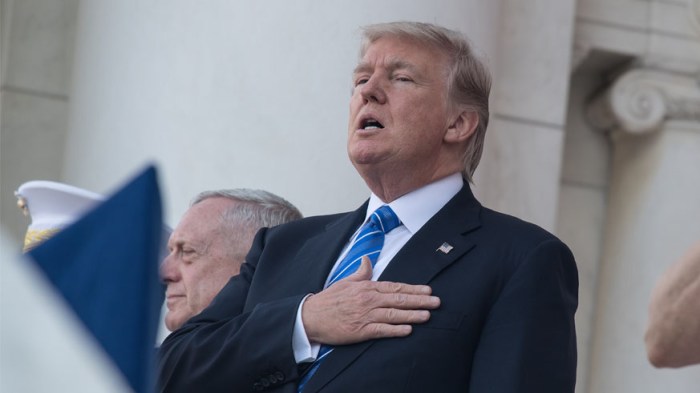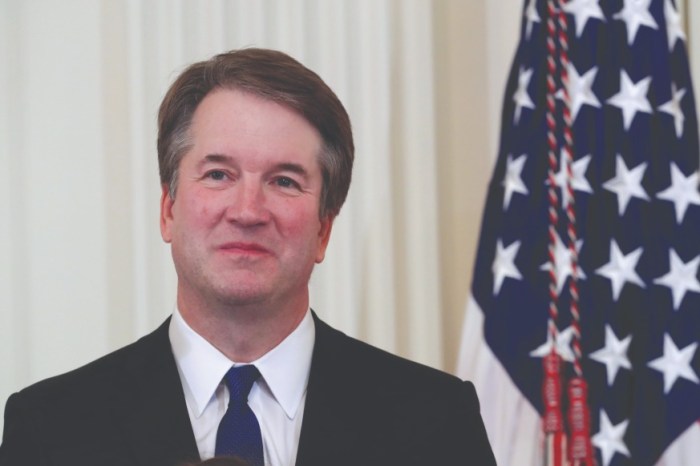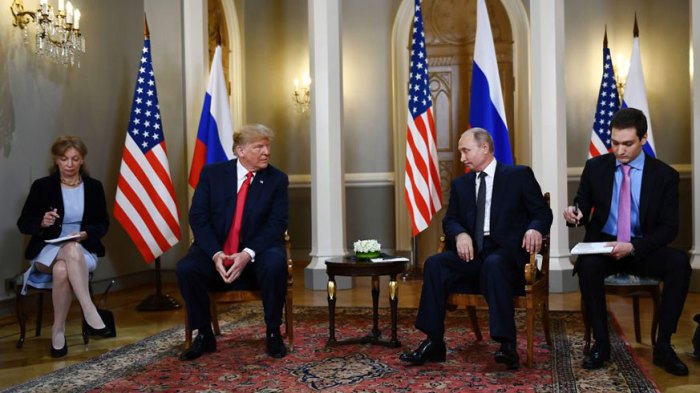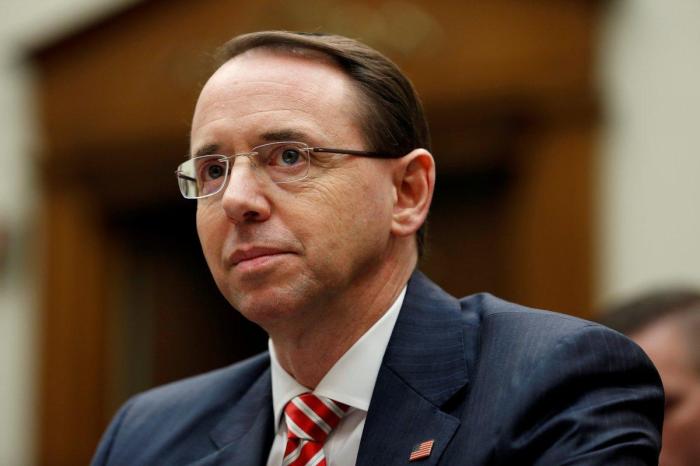In a tweet on Sunday, President Trump declared that the Ford Focus Active — a compact car that has been imported from China — can be made in the United States.
Not so fast, Ford said.
In the tweet, Trump touted the 25 percent tariff he has slapped on cars from China, claiming it had inspired Ford to stop importing the vehicles from Chinese factories.
“Ford has abruptly killed a plan to sell a Chinese-made small vehicle in the U.S. because of the prospect of higher U.S. Tariffs,” he wrote. “This is just the beginning. This car can now be BUILT IN THE U.S.A. and Ford will pay no tariffs!”
“Ford has abruptly killed a plan to sell a Chinese-made small vehicle in the U.S. because of the prospect of higher U.S. Tariffs.” CNBC. This is just the beginning. This car can now be BUILT IN THE U.S.A. and Ford will pay no tariffs!
— Donald J. Trump (@realDonaldTrump) September 9, 2018
A Ford spokesman explained why that can’t happen.
“It would not be profitable to build the Focus Active in the U.S. given an expected annual sales volume of fewer than 50,000 units and its competitive segment,” tweeted Ford communications manager Mike Levine, who noted: “Ford is proud to employ more U.S. hourly workers and build more vehicles in the U.S. than any other automaker.”
It would not be profitable to build the Focus Active in the U.S. given an expected annual sales volume of fewer than 50,000 units and its competitive segment.
Ford is proud to employ more U.S. hourly workers and build more vehicles in the U.S. than any other automaker.
— Mike Levine (@mrlevine) September 9, 2018
As it turns out, the company had moved production of the compact car to China because it wasn’t selling in the U.S., where car buyers pass over smaller models and gravitate to SUVs. Paying higher manufacturing costs in the U.S. without a projected rise in sales wouldn’t make business sense.
So Ford won’t sell the car in the U.S. at all.
Market economist Jon Gabrielsen told the Detroit Free Press that the episode shows that Trump doesn’t understand the effect his tariffs (and resulting trade war with China) will have on the U.S. economy. “This is further evidence that neither the president nor his trade representatives have any clue of the complexities of global supply chains,” he said. “This forces Ford to forfeit the sales they would have had if they could continue to import that low-volume niche vehicle.”
According to multiple reports, several of Trump’s economic advisers and Republican members of Congress tried to dissuade him from issuing tariffs, which he did more or less unilaterally.

